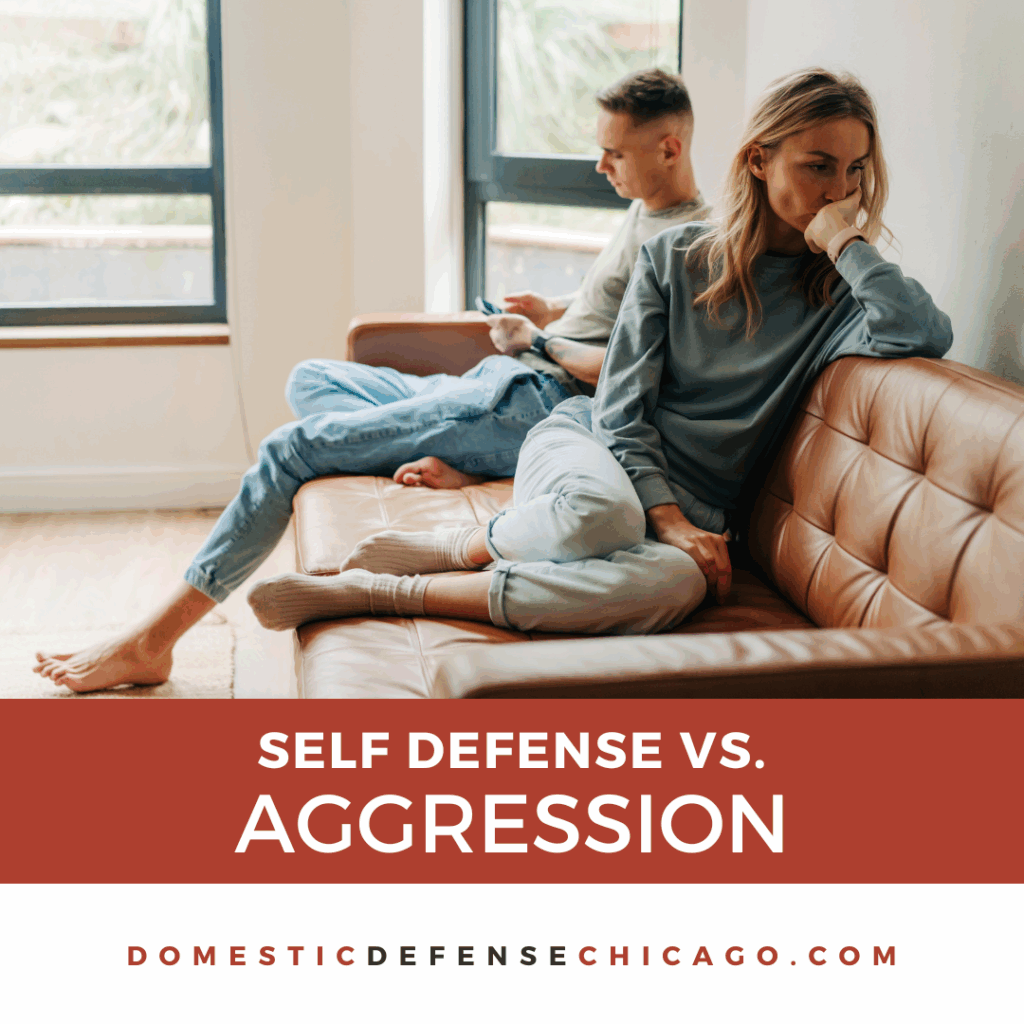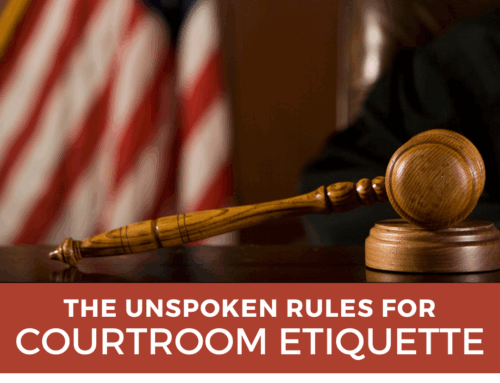In a domestic battery case, one of the most pivotal questions is whether the accused acted in self-defense or crossed the line into aggression. The distinction might seem obvious in theory, but in practice, it can be blurry—and those shades of gray can make or break a case.
Courts don’t simply take someone’s word for it. They look at the facts, the sequence of events, and how actions match up with legal definitions of self-defense. An attorney can help you present those facts in a way that supports the best possible outcome—but no attorney can guarantee which way the court will see it.
Why the Distinction Matters
Under Illinois law, self-defense is a legal justification for using force to protect yourself from imminent harm. Aggression, on the other hand, involves initiating force without legal justification. The two are evaluated very differently in court:
-
Self-defense can potentially lead to acquittal or reduced charges.
-
Aggression can strengthen the prosecution’s case and lead to harsher penalties.
The stakes are high, which is why your actions—and how they’re interpreted—are so important.
What Courts Look For
When deciding whether an action was self-defense or aggression, courts may consider:
-
Who initiated contact – Did you respond to force, or did you apply it first?
-
Proportionality – Was the level of force used reasonable given the threat?
-
Imminence of the threat – Was there an immediate danger, or was the harm speculative or in the future?
-
Opportunity to retreat – In some situations, the ability to safely disengage can affect how self-defense is viewed.
Even small differences in how an event is described can shift the perception from self-protection to aggression.
The Problem of Perception
In domestic battery cases, witnesses may have seen only part of the incident—or none at all. Emotional reactions, loud arguments, and physical movements can all be interpreted in ways that don’t match your intent.
For example:
-
Blocking someone from leaving a room might be intended to stop further harm, but could be portrayed as controlling or aggressive.
-
Raising your hands to shield yourself might be interpreted as preparing to strike.
Because of these risks, having an attorney address the perception gap is essential.
Evidence That Can Influence the Determination
Certain types of evidence can help clarify whether force was used defensively or aggressively:
-
Medical records showing defensive injuries (such as forearm bruises from blocking blows)
-
Witness statements that describe threats or initial aggression from the other party
-
Texts or DMs leading up to the incident that indicate fear or a need for protection
-
Police body camera footage capturing the immediate aftermath
An attorney can review these materials, determine their relevance, and decide how to present them most effectively.
Illinois Law on Self-Defense
Illinois law allows the use of force when a person reasonably believes it’s necessary to prevent imminent unlawful force against them. However, it also specifies that force must be proportional to the threat. Deadly force, for example, is only permitted if there’s a reasonable belief that it’s necessary to prevent death or great bodily harm.
You can read the full statute in the Illinois Compiled Statutes on use of force.
When Self-Defense Claims Face Challenges
Even if you believe you acted purely in self-defense, your claim may be questioned if:
-
You continued to use force after the threat ended
-
You were armed and the other person was not
-
Witnesses or physical evidence contradict your account
-
There’s evidence you were the initial aggressor in another way, such as through verbal threats or blocking exits
The challenge isn’t just in having the facts—it’s in how they’re interpreted and weighed against other evidence.
How an Attorney Can Help
While no lawyer can guarantee a specific verdict, an attorney can:
-
Analyze how the facts align with legal definitions of self-defense
-
Identify evidence that supports your version of events
-
Prepare for how the prosecution will attempt to portray your actions as aggression
-
Develop a strategy for presenting your account credibly in court
By working with legal counsel early, you can better ensure that the nuances of your actions—and your intent—are communicated clearly.
The line between self-defense and aggression can be razor-thin in domestic battery cases. Understanding how the court will analyze your actions, and having an attorney by your side to address the complexities, can be the difference between a damaging conviction and the best possible resolution under the circumstances.
Do You Need to Talk to an Attorney About Domestic Battery Defense?
If you need to talk to a domestic battery defense attorney in Illinois, we’re here to help. Call us at 847-920-4540 now – we’ll be happy to give you a free consultation and talk to you about your options.







Leave A Comment
You must be logged in to post a comment.